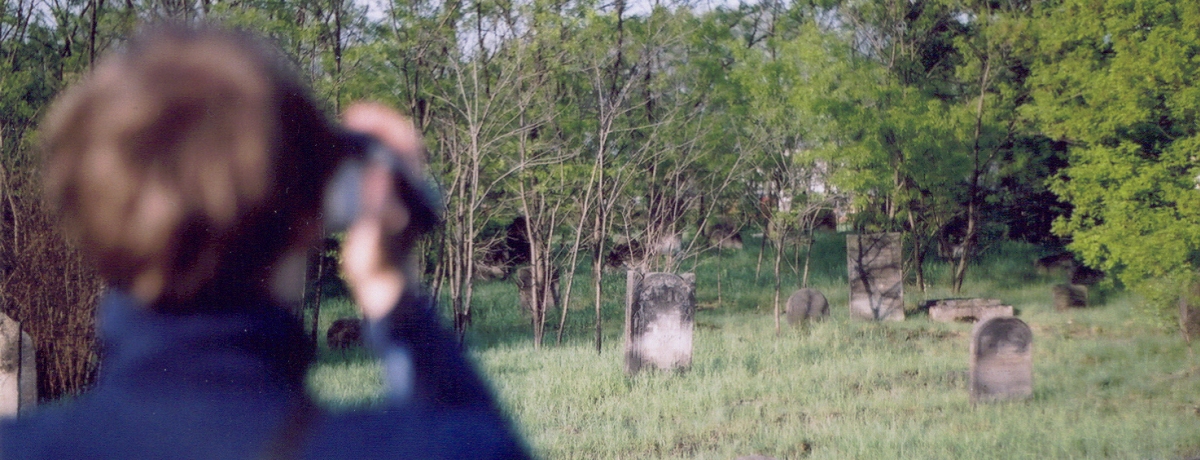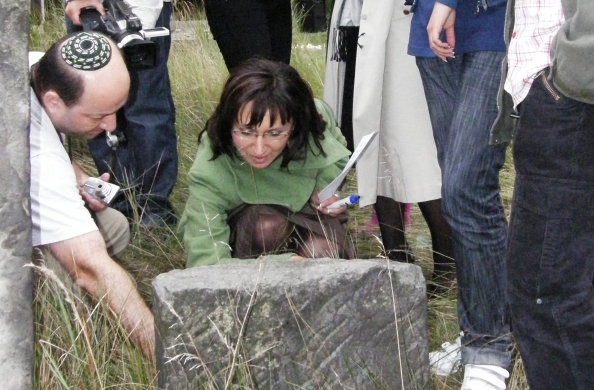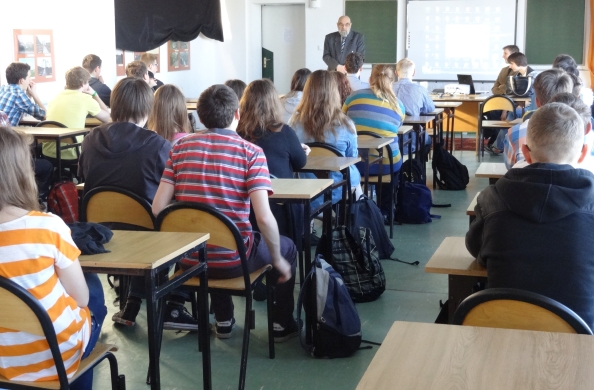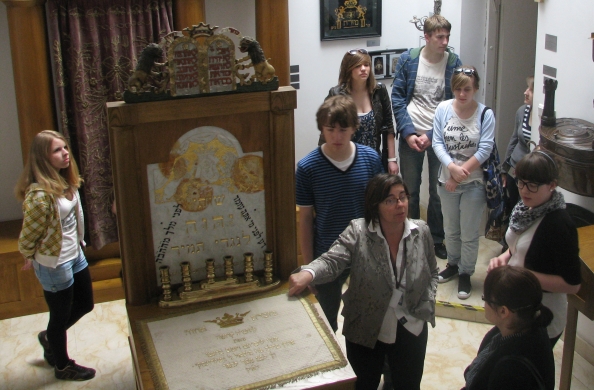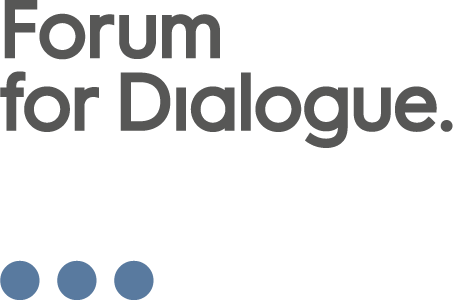To be honest, it is hard to provide a single answer to the question how the idea of getting involved in restoring the memory and history of Polish Jews was born in my mind. It is easier to recall the circumstances when this happened. So, here is the story… In 2003, I was ran a project with my high school students entitled “Multiculturalism as Wealth”, as Żyrardów, the town I live in, has a rich past, being a unique industrial settlement with multicultural roots. After visiting the museum and listening to stories about the beginnings of our city’s existence, we decided to shoot an amateur film, in which we wanted to focus on the many communities that shaped our town. Out of the themes we came up with, one focused on the most “absent” history in the minds of the people of Żyrardów – that of the Jewish community. A certain curiosity was born – how did it happen that Jews are now gone, and the traces of their lives are either forgotten or not very eagerly remembered? This motivated me to organize further projects. It turned out that it was not so difficult to recreate the history of the minorities that once used to live here; however, the Jewish topic was constantly getting lost in the recesses of the mind of the people I talked to.
My impression is that my work started the process of bringing back the neglected memory and this turned out to be an important creative challenge. And I love challenges. However, the biggest motivator to awaken this memory was my meeting in 2007 with members of the Children of the Holocaust association and the wave of emotions sparked by their stories. Soon afterwards, I began to intensively read about the Holocaust, memories of Jewish life in Poland before the war, as well as in our town Żyrardów, and feelings of anger, shame and fascination overcame me. I was angry because up until that point, I was deprived of a deeper knowledge – that is, awareness – of the fact that the Jewish neighbors of my grandparents and parents fell victim to an unprecedented atrocity. My education from the times of communist Poland was full of white spots and had done its job!


